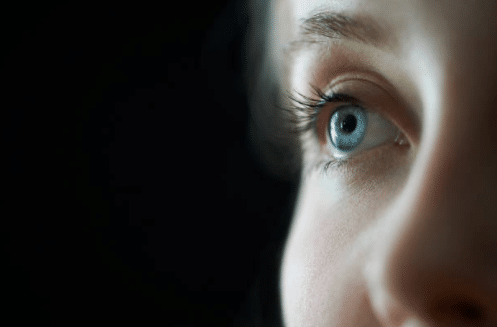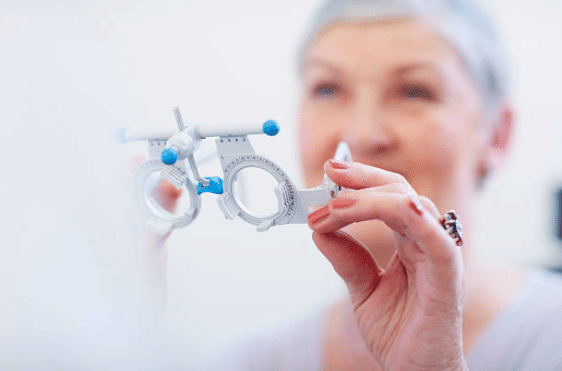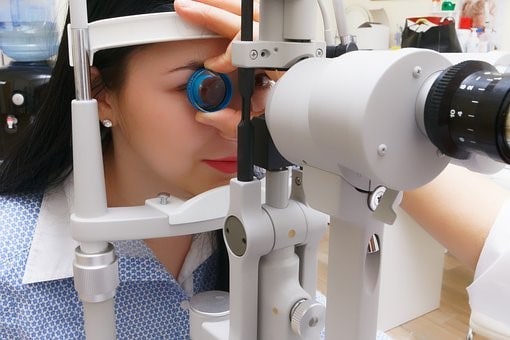Vision Problem and Autoimmune Disorders
Autoimmune disorders can affect every possible inch of your body, from your joints and nerves to your eyes. However, with the existence of more than 80 different autoimmune diseases, it is difficult to determine all possible impacts of these diseases on your vision.
Therefore it is essential to be informed about all risks that your autoimmune disorder poses to your vision. Seek assistance if you start experiencing any change in your vision like blurriness, cloudiness, dryness, light sensitivity, or pain.
Limit the impact of the autoimmune disorders on your eyes by proper medication and timely eye care.
An experienced ophthalmologist says that several areas of the eyes are involved in the autoimmune disease. There are common building blocks like sugars and proteins involved, so when one area of the body is affected, your eye will become affected too.
Autoimmune Disorder: Time to see your Eye Doctor For regular checkups
One of the most important things you can do to protect your vision is to regularly see your ophthalmologist. An ophthalmologist is a professional eye doctor who advises all adults to get regular eye screening at or after 40. If you haven’t seen any eye doctor before then, you need to make an appointment, especially if you are aware of your autoimmune disorder.
- It is generally advised to get vision health screening once in a year; you should not wait until 40.
- Make sure you ask your eye doctor how often you need to get eye screened.
- Get vision screening more frequently, especially if you are experiencing any vision-related difficulty.
- If you are undergoing any autoimmune disorder medication for the treatment, which is known for affecting eyesight, you need to be extra careful.
- Take all necessary precautions and advice from an ophthalmologist.
How can you take care of your vision health?
Some medications for the autoimmune disorder may harm vision health over the long term.
Antimalarials: – Plaquenil can decrease vision.
Corticosteroids:-Long term use of this medication causes cataracts and enhances the risk of glaucoma.
If you have autoimmune diseases, you are certainly alert to the changes happening in your body- but don’t overlook your eyes. With regular screening and attention, you can preserve your sight for a long.
Patients with diabetes are at a high risk of developing eye diseases that can lead to blindness and vision loss, such as cataracts, glaucoma, etc. If you follow the statistics, you already know that diabetes is the leading cause of blindness in the US. Many a time’s diabetic eye conditions often develop unnoticeable vision pain or loss. By the time the patient experiences any symptom, significant damage may already be done to the eyes. Therefore diabetic patients need to have their eyes examined to prevent permanent damage.
What if a patient develops cataract?
In general, cataract is considered a common eye condition that causes clouding the eye’s natural lens. Every year millions of people experience the same problem, especially those 65 years old or above. This cloudiness developed as a result of the buildup of protein in the lens. The cataract is quite progressive and causes painless loss of vision. Therefore it is important to get proper medical attention. Some people consider cataract is one of the changes in your eyes as you age, but this is not true. The exact cause of the cataract is unknown. Therefore it should not be considered as part of the natural aging process. It is a problem that needs serious medical attention.
What is the solution to this problem?
A series of tests conducted to diagnose cataracts. A dilated eye examination is performed to test the vision and the condition of the lens and other parts of the eye. Apart from this, doctors can also perform tonometry to measure the pressure in the eye. If the visual impairment begins to interfere with your capacity to read, write, or work, you need to consider cataract surgery to restore your vision. Laser cataract surgery is the most common surgical procedure to treat this problem. Further, it has an over 90 percent success rate and minimal risk of complications.
Let’s dig some vital details of this procedure.
Different medical device companies have manufactured systems for performing Laser cataract surgery. Several systems among them are FDA approved. The main goal of cataract surgery is to restore a person’s vision for watching television, driving, and other distance vision tasks.
Here we are listing three popular laser-assisted cataract surgery performed in the US.
-
LenSx: –
it is one of the most popular FDA approved femtosecond laser systems for cataract surgery performed in the USA. This system is approved for capsulotomies, corneal incisions, and cataract fragmentation and has been successfully used in 400,000 cataract refractive procedures worldwide.
-
Presbyopia IOLs: –
This advance presbyopia-correcting IOLs are quite similar to multifocal and bifocal contact lenses. Just because these multifocal IOLs are implanted inside the eyes, they don’t require routine replacement and care as general contact lenses do. Patients who have opted for this surgery find that they can go glasses-free anywhere or occasionally need only reading glasses for reading small prints.
-
Astigmatism Correcting Lens- Toric Intraocular Lens: –
in this process premium intraocular lenses are used to correct farsightedness or nearsightedness as well as astigmatism
Clear vision is important to take care of it. Invest some time as well as money on the routine eye checkups. Further, if you experience any vision-related problem, don’t forget to get advice from an ophthalmologist.





Leave a Reply
Want to join the discussion?Feel free to contribute!